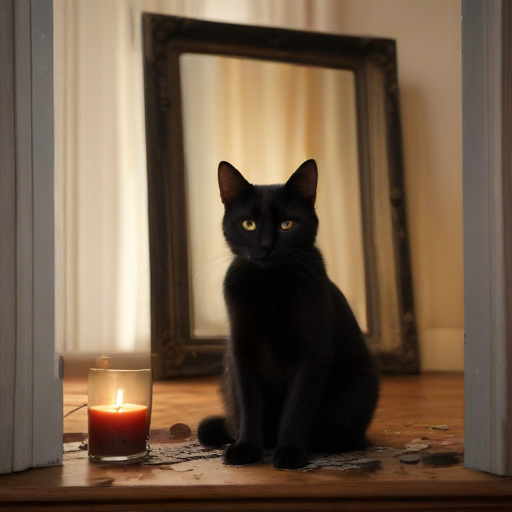Friday the 13th has once again made its appearance, bringing along a mixture of superstition and intrigue. This marks the second occurrence of this notorious day in 2024, following its previous visit in September. Looking ahead, the next Friday the 13th will take place in June 2025.
Often linked with bad luck, Friday the 13th has a rich and complex history rooted in folklore, religion, and popular culture. The day has evolved into a cultural phenomenon associated with fears of misfortune and unique traditions, like tattoo specials, aimed at embracing its reputation.
The superstition surrounding Friday the 13th may stem from a combination of Christian beliefs, numerology, and cultural narratives. The number 13 has long been deemed unlucky in Western society, a belief possibly linked to Biblical events, such as Judas Iscariot’s betrayal of Jesus Christ, which is suggested to have occurred following the Last Supper, where Judas was the 13th guest.
Historically, Fridays have also been viewed unfavorably. In the Middle Ages, starting important activities or journeys on a Friday was discouraged, adding to the ominous allure of Friday the 13th. Anthropologists, like Dr. Phil Stevens, suggest that societal fears around this day showcase a pattern of magical thinking, as humans endeavor to connect unrelated occurrences.
Laura Patricia Gómez, a Dominican Spiritual Coach and Medium, adds a positive lens to these beliefs. She suggests that Friday the 13th can also be viewed as a day to conduct magical rituals rather than a day to harbor negativity. For her, it has the same vibrational essence as the number six, which is frequently misinterpreted as unlucky.
Common superstitions associated with the day include avoiding travel, skipping important events, and staying clear of traditional bad luck omens such as broken mirrors or black cats. Yet, while many adhere to these superstitions, others choose to embrace the day, treating it as an opportunity to delve into the paranormal or confront fears.
Pop culture has significantly shaped the perception of Friday the 13th, particularly through the horror movie franchise that began in 1980, featuring the infamous character Jason Voorhees. This has further cemented the association of the day with themes of danger and supernatural occurrences.
Gómez emphasizes that Friday the 13th should be seen as a day of transformation and reflection, enabling individuals to contemplate changes in their lives. She encourages rituals of cleansing and preparation for new beginnings, highlighting that the number 13 is regarded positively in various cultures, including within Judaism, where it symbolizes luck and significant religious events.
Rituals can aid in this transformation, such as writing one’s name on paper surrounded by salt to establish a protective circle, or cleansing energies with a candle while seeking Archangel Michael’s guidance.
In conclusion, whether one approaches Friday the 13th with caution or curiosity, the day presents a fascinating mix of superstition, cultural reflection, and personal transformation. It serves as a reminder of humanity’s relationship with the unknown and the ways in which we seek to find meaning and understanding in our experiences. Embracing the day’s potential for reflection and ritual could turn its feared reputation into an opportunity for positive change.
